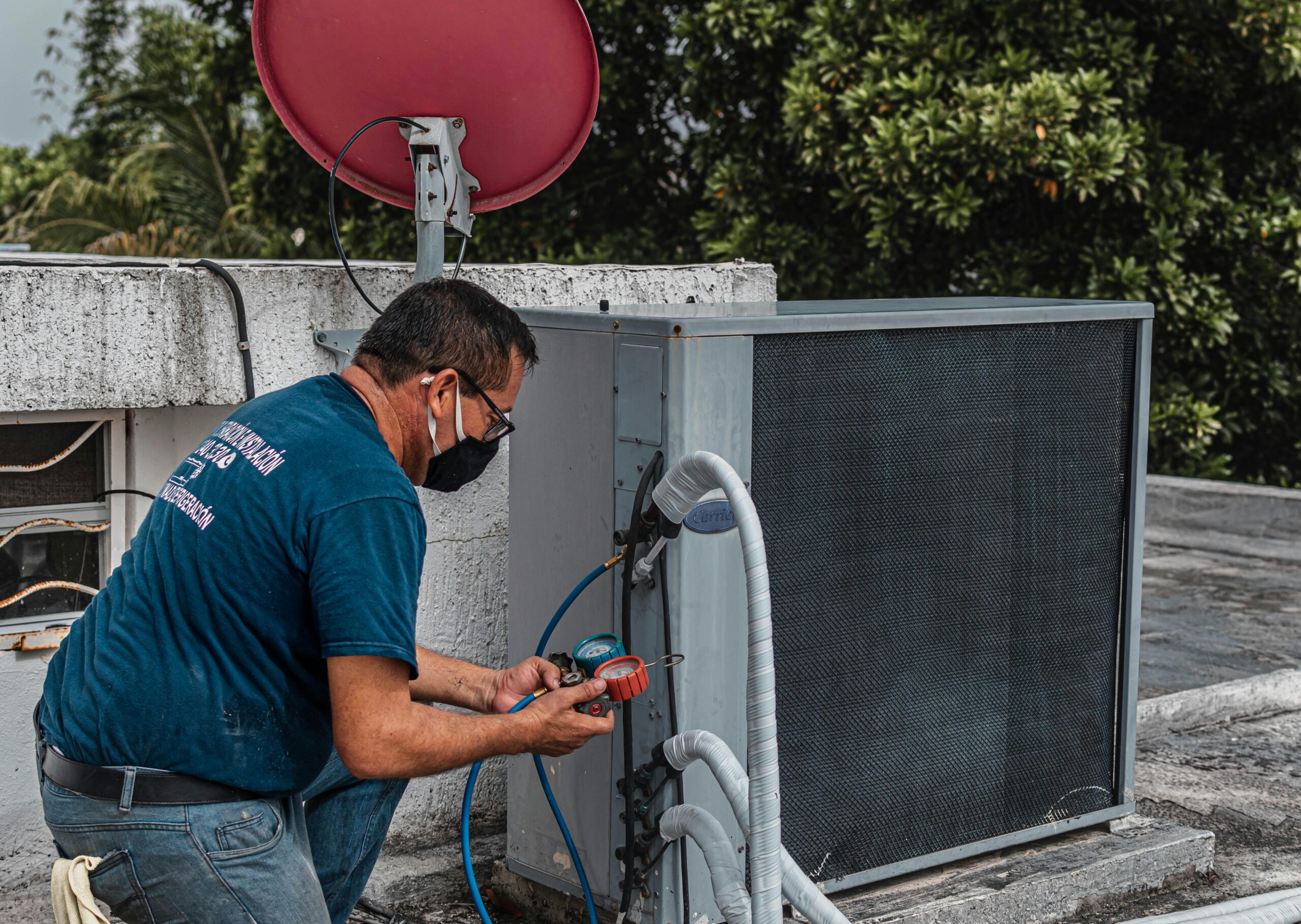As our cities become smarter and more connected, understanding how to protect your personal information has never been more critical for urban residents worldwide.
🌆 The Digital Revolution Transforming Our Cities
Smart cities represent the future of urban living, integrating Internet of Things (IoT) devices, sensors, and data analytics to improve everything from traffic management to public safety. These interconnected systems collect vast amounts of information about residents’ movements, habits, and preferences. While this technological evolution promises enhanced efficiency and quality of life, it also creates an unprecedented digital footprint for every citizen navigating these intelligent urban environments.
The transformation is happening rapidly. Cities like Barcelona, Singapore, and Dubai have implemented comprehensive smart city initiatives that monitor air quality, optimize energy consumption, and streamline public transportation. However, this convenience comes at a price: your data. Every interaction with smart infrastructure generates digital traces that, when combined, create a detailed profile of your daily life.
Understanding Your Digital Footprint in Urban Spaces
Your digital footprint in a smart city extends far beyond social media posts and online shopping. It encompasses every interaction with connected infrastructure. When you tap your transit card, your location and travel patterns are recorded. Smart streetlights track pedestrian movement. Connected parking meters know where and when you park. Even public Wi-Fi networks can monitor your device’s presence and movement throughout the city.
This data collection happens continuously and often invisibly. Many residents remain unaware of the scope and scale of information gathered about them. Understanding what constitutes your digital footprint is the first step toward protecting it effectively.
The Components of Your Urban Digital Identity
Your smart city digital footprint includes multiple layers of information. Transportation data reveals your commuting patterns and frequently visited locations. Utility consumption patterns show when you’re home and your lifestyle habits. Public camera systems capture your physical movements. Smart building systems track entry and exit times. Mobile device connectivity provides real-time location data.
Each data point individually might seem innocuous, but collectively they create a comprehensive picture of your life. This aggregated information becomes valuable to various entities, from city planners and marketers to potential bad actors seeking to exploit personal data.
🔒 Why Data Privacy Matters in Connected Communities
Data privacy in smart cities isn’t just about keeping secrets; it’s about maintaining control over your personal information and how it’s used. Without proper safeguards, your data could be misused for targeted manipulation, discriminatory practices, or unauthorized surveillance. The implications extend beyond individual privacy to affect democratic freedoms and social equality.
Consider the potential consequences of inadequate data protection. Insurance companies might adjust premiums based on your movement patterns. Employers could make hiring decisions influenced by your neighborhood data. Advertisers might exploit your vulnerabilities revealed through behavioral analysis. In extreme cases, authoritarian regimes could use smart city infrastructure for oppressive surveillance.
Real-World Privacy Breaches and Their Impact
History has shown us the dangers of inadequate data protection. In 2019, a security researcher discovered that data from a smart city platform in China was publicly accessible, exposing the locations and personal information of millions of citizens. Similar incidents have occurred in various cities worldwide, demonstrating that even well-intentioned smart city initiatives can have serious security vulnerabilities.
The consequences of such breaches extend beyond immediate privacy violations. They erode public trust in smart city technologies, potentially hindering beneficial innovations. They also create opportunities for identity theft, stalking, and other criminal activities that disproportionately affect vulnerable populations.
The Technology Behind Smart City Data Collection
Understanding the technology collecting your data helps you make informed decisions about protecting your privacy. Smart cities rely on an extensive network of sensors, cameras, and connected devices that communicate through various protocols and networks. These systems generate enormous volumes of data that are processed using artificial intelligence and machine learning algorithms.
IoT sensors monitor environmental conditions, traffic flow, and infrastructure performance. Surveillance cameras equipped with facial recognition technology identify individuals in public spaces. Bluetooth and Wi-Fi beacons track smartphone movements. Smart meters record detailed energy consumption patterns. License plate readers monitor vehicle movements throughout the city.
How Your Data Flows Through Smart City Systems
Data collection is just the beginning. Once gathered, information flows through complex networks to various stakeholders. City governments use it for urban planning and service optimization. Private companies operating smart infrastructure may monetize data through partnerships. Third-party analytics firms process information to generate insights. Law enforcement agencies may access data for investigations.
This data ecosystem operates largely behind the scenes, with limited transparency about who has access to what information and how long it’s retained. Understanding these flows is essential for advocating for stronger privacy protections and making informed choices about your digital exposure.
🛡️ Practical Steps to Protect Your Digital Privacy
While you cannot completely avoid data collection in smart cities, you can take meaningful steps to minimize your digital footprint and protect your privacy. These strategies range from simple behavioral changes to using privacy-enhancing technologies.
Managing Your Mobile Device Privacy
Your smartphone is likely your biggest privacy vulnerability in smart cities. Disable location services when not needed. Review app permissions regularly and revoke unnecessary access. Use VPN services when connecting to public Wi-Fi networks. Turn off Bluetooth when not in use to prevent beacon tracking.
Consider using privacy-focused apps and browsers that limit data collection. Install security software that monitors for suspicious activity. Regularly update your operating system and applications to patch security vulnerabilities. Be cautious about which apps you install and review their privacy policies.
Protecting Your Transportation Data
Transit systems generate significant amounts of personal data. When possible, use cash for public transportation instead of trackable cards. If you must use electronic payment methods, consider using anonymous or prepaid cards. Avoid linking transit accounts to personal email addresses or social media profiles.
For ride-sharing services, use pickup and dropoff locations slightly away from your exact origin or destination. Review and delete your ride history periodically. Consider alternatives like traditional taxis for sensitive trips where you want to minimize digital records.
Securing Your Home in a Smart City
Smart home devices connected to city infrastructure create additional privacy risks. Research devices carefully before purchasing, prioritizing products with strong security features and transparent privacy policies. Change default passwords immediately and use strong, unique credentials for each device.
Segment your home network to isolate IoT devices from computers and smartphones containing sensitive information. Regularly update device firmware and consider disconnecting devices you rarely use. Review data sharing settings and opt out of unnecessary data collection whenever possible.
Legal Frameworks and Your Privacy Rights
Understanding your legal rights regarding data privacy is crucial for protecting yourself in smart cities. Different jurisdictions have varying levels of protection, from the European Union’s comprehensive GDPR to more limited protections in other regions.
The General Data Protection Regulation grants European residents significant control over their personal data, including rights to access, rectify, and delete information held by organizations. Similar laws like California’s Consumer Privacy Act provide comparable protections in other jurisdictions. Familiarize yourself with the specific regulations applicable in your location.
Exercising Your Data Rights
Most privacy laws grant you the right to know what data organizations collect about you and how they use it. You can typically request copies of your data, ask for corrections to inaccurate information, and demand deletion under certain circumstances. Don’t hesitate to exercise these rights when concerned about how your information is being handled.
File complaints with regulatory authorities when you believe organizations are violating privacy laws. Support advocacy groups working to strengthen data protection regulations. Participate in public consultations about smart city initiatives to ensure privacy considerations are adequately addressed in planning processes.
🌐 Balancing Innovation with Privacy Protection
Smart cities offer tremendous benefits, from reduced environmental impact to improved public services. The challenge lies in reaping these advantages while safeguarding individual privacy. This balance requires thoughtful design, robust regulation, and ongoing dialogue between stakeholders.
Privacy-by-design principles should be embedded in smart city infrastructure from the outset. This approach minimizes data collection to what’s strictly necessary, implements strong security measures, and provides transparency about data practices. Cities should conduct privacy impact assessments before deploying new technologies and engage residents in decision-making processes.
Emerging Privacy-Enhancing Technologies
Technological innovation can help protect privacy even as cities become smarter. Differential privacy techniques add mathematical noise to datasets, allowing useful analysis while preventing identification of individuals. Homomorphic encryption enables computation on encrypted data without decrypting it. Federated learning processes data locally on devices rather than centralizing it.
Blockchain technology offers potential for decentralized identity management, giving individuals greater control over their personal information. Edge computing processes data closer to collection points, reducing the need for centralized storage. These technologies represent promising paths toward privacy-respecting smart cities.
The Role of Digital Literacy in Privacy Protection
Technical solutions alone cannot ensure privacy in smart cities. Citizens need digital literacy skills to make informed decisions about their data. This includes understanding how technologies work, recognizing privacy risks, and knowing how to use privacy tools effectively.
Educational initiatives should target all age groups and socioeconomic backgrounds, ensuring equitable access to privacy protection knowledge. Schools should incorporate digital privacy into curricula. Libraries and community centers can offer workshops on practical privacy skills. Governments and advocacy organizations should provide accessible resources explaining privacy rights and protection strategies.
Building a Privacy-Conscious Community
Individual actions gain power when combined with collective advocacy. Join or support organizations working on digital rights issues. Participate in community discussions about smart city deployments. Hold local officials accountable for protecting resident privacy. Share knowledge with friends and family about privacy protection strategies.
Create pressure for transparency by requesting information about smart city data practices through freedom of information laws. Attend city council meetings where smart city initiatives are discussed. Collaborate with neighbors to establish community privacy standards and expectations for municipal technology deployments.
🔮 The Future of Privacy in Urban Environments
As artificial intelligence becomes more sophisticated and IoT networks expand, the tension between smart city functionality and privacy protection will intensify. Facial recognition technology is becoming ubiquitous. Predictive policing algorithms raise concerns about bias and civil liberties. The integration of autonomous vehicles will generate unprecedented amounts of location data.
The trajectory of privacy protection in smart cities depends on choices made today. Will we normalize comprehensive surveillance as the price of urban convenience? Or will we demand technologies designed with privacy as a fundamental requirement? The answer will shape not just our cities but the nature of privacy itself in the 21st century.
Advocating for Privacy-Respecting Smart Cities
Creating truly smart cities requires wisdom about values, not just technological prowess. Citizens must actively participate in shaping the policies and technologies that will govern urban life. Demand transparency about data collection practices. Insist on meaningful consent mechanisms rather than take-it-or-leave-it terms of service. Support regulations that put strict limits on data retention and sharing.
Vote for representatives who prioritize privacy protection in technology policy. Support businesses that demonstrate respect for customer privacy. Patronize services that offer strong privacy protections even when less convenient alternatives exist. Your choices send powerful signals about the kind of smart cities you want to inhabit.

🎯 Taking Control of Your Digital Destiny
Protecting your digital footprint in smart cities is an ongoing process, not a one-time task. Technology evolves rapidly, creating new privacy challenges that require vigilance and adaptation. Stay informed about emerging technologies and their privacy implications. Regularly review and update your privacy protection strategies as new tools and techniques become available.
Remember that perfect privacy is unrealistic in modern urban environments, but meaningful protection is achievable. Focus on protecting your most sensitive information while accepting reasonable tradeoffs for genuine benefits. Make conscious, informed decisions about when to share data and when to keep it private.
The smart cities of tomorrow will reflect the priorities we establish today. By taking action to protect your privacy, staying informed about your rights, and advocating for privacy-respecting technologies, you contribute to building urban environments that enhance quality of life without sacrificing fundamental freedoms. Your digital footprint tells your story—make sure you’re the one writing it.
Start today by conducting a privacy audit of your smart city interactions. Identify the biggest sources of data exposure in your life and tackle them systematically. Share what you learn with others, multiplying your impact. Together, we can create smart cities that are not only efficient and innovative but also respectful of the privacy and dignity of every resident.
Toni Santos is an urban innovation writer and researcher dedicated to exploring how technology, sustainability, and design are reshaping the cities of tomorrow. With a deep interest in smart infrastructure and human-centered development, Toni studies how data-driven systems and green technologies can create more livable, resilient, and efficient urban environments. Fascinated by sustainable architecture, IoT integration, and next-generation mobility, Toni’s work connects environmental awareness with digital transformation. Through research and storytelling, he examines how intelligent planning and renewable innovation can redefine the relationship between people and their cities. Blending urban design, environmental science, and systems thinking, Toni documents the breakthroughs that are reimagining how we build, move, and coexist. His work highlights the architects, engineers, and technologists leading the charge toward smarter, greener futures. His work is a tribute to: Green architecture as the foundation for sustainable living IoT innovation shaping the infrastructure of connected cities Mobility systems and renewable energy driving urban transformation Whether you’re an architect, engineer, or city planner, Toni Santos invites you to explore the technologies and ideas building the smart, sustainable cities of the future — one street, one system, one vision at a time.




